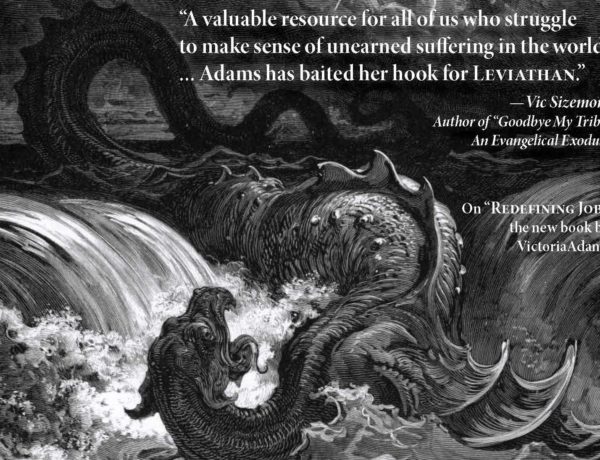Originally published September 23, 2012
Where Troy Once Stood: The Mystery of Homer’s Iliad & Odyssey Revealed by Iman Wilkens, $55.00, might find it for less on Bookfinder.com
I first ran across this title in a book by Clive Cussler called Trojan Odyssey. Cussler, of course, has an incredible talent for taking a snap shot of some moment in history and building a current day adventure/action novel around a related mystery. He referenced this title in his notes. I immediately had to have it. Well, not so immediately. When I first looked for the title the only copies I could find were over $400. A few years ago I thought I would check again and there had been a reprint. I managed to acquire the volume for far less: I see the price is rising yet again. I discovered that when I first went looking for the volume it was rated by Bookfinders.com as one of the most wanted out of print books on the database. There was a reprint in 2005 which brought it back into my budget. If you can’t afford the book, there is some information on Wilkens and his ideas on Wikipedia.
Warning label: Wilkens’ efforts are not well accepted in mainstream academia. This is rather sad because the questions he raises could be seriously investigated and answers are within the reach of modern archaeological techniques. Wilkens is a native of the Netherlands and published his book in 1936. In this book he presents a credible presentation that the Trojan War did not occur in Asia Minor at all. With a great deal of meticulous research, Wilkins puts together the case that Homer’s epic poems are drawn from the verbal traditions of a much earlier place and time. Odysseus, in this version, is a Celtic king of an Ithaca placed near modern day Cadiz in Spain and Troy is placed in England. The war was between competing kingdoms of Celts. According to Wilkens the ancient verbal traditions of the Celts were taken with them when they migrated to Greece and Asia Minor. Once there they named local landmarks with familiar names. Finally, in around 750 BCE, Homer took on the task of putting the traditions in written form.
Whatever your position on the possibilities presented, the book is a fascinating read. Wilkens builds the case that the tale was a way to record the sailing path to the western hemisphere without exposing such secrets to the whole world. He also shows that the tale may have included veiled instructions for the initiate in the ancient religion of the Celts. Unlike our Atlantis fascination, this tale could have some check points if funding were provided for excavations at key locations. Puffery or not – it is a great adventure story and crammed full of Celtic empire references.
What points in history hold interest for you? Are there places and times you would like to know more about? Are you curious about forgotten scientific or engineering accomplishments? Leave a comment or two; you never know what might be lurking on my library shelves!




No Comments